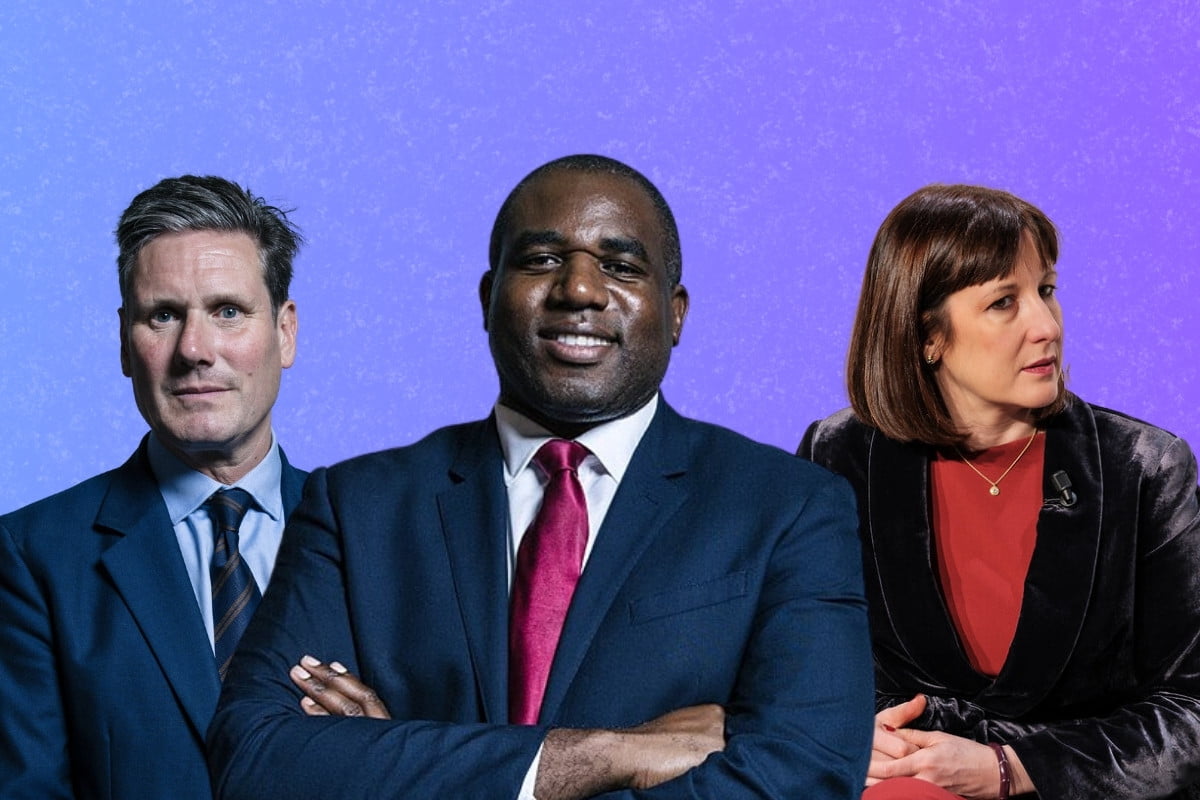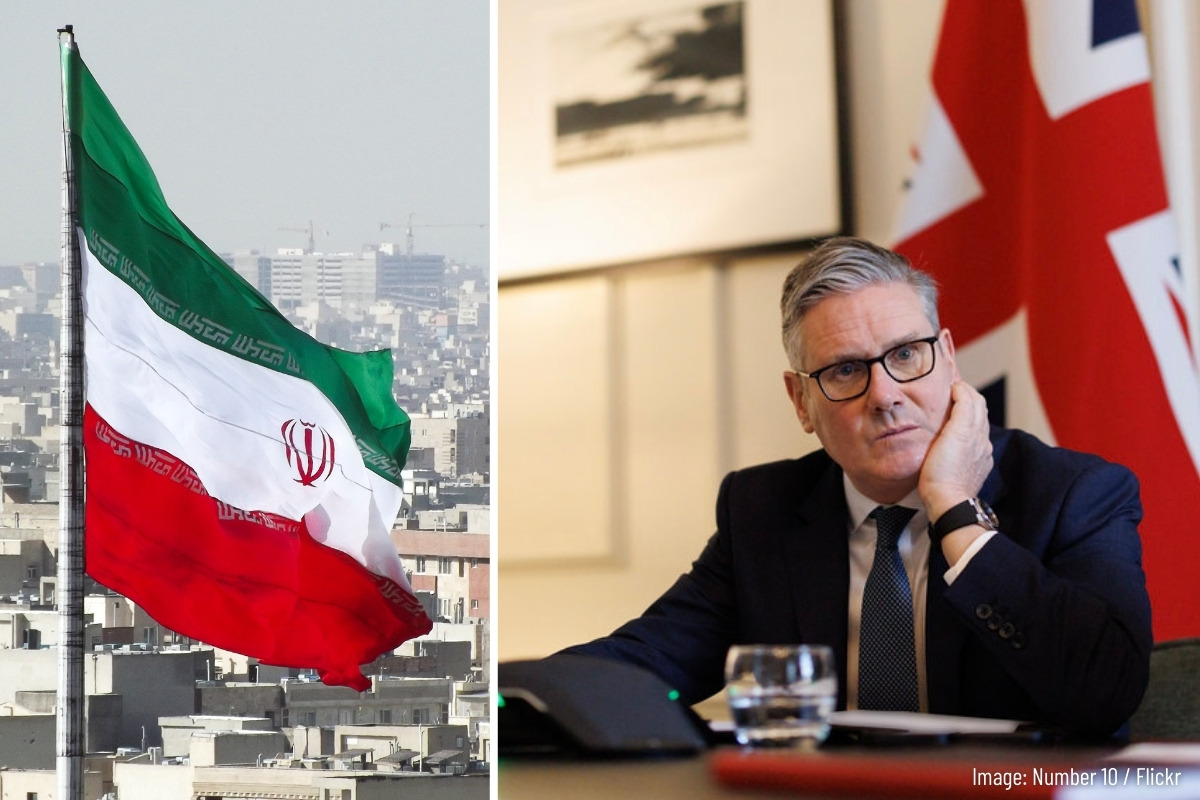Now that the Tories’ days are numbered, the question of what a Labour government will look like will be at the forefront of people’s minds. Will Starmer be able to offer an alternative to austerity, chaos, and decline?
The prevailing feeling, quite rightly, is that Labour will offer much of the same. On the question of foreign policy, this will definitely be the case. Although the Red Tories are approaching this matter slightly differently from their Blue counterparts.
The degenerate Tory leaders have no real understanding of Britain’s diminished role on the world stage.
Many of them still celebrate Brexit as a triumph for their class, rather than a self-inflicted catastrophe. Completely delusional, they wax lyrical about ‘Global Britain’ ruling the waves.
These ladies and gentlemen have no contact with reality, and would be better suited as guests at a Mad Hatter’s tea party.
Enter David Lammy
But, to give the devil his due, the leaders of the incoming Labour government are a bit more switched on when it comes to Britain’s diminished role in the world. The reformists always seem to take managing capitalism a bit more seriously, for what it’s worth.
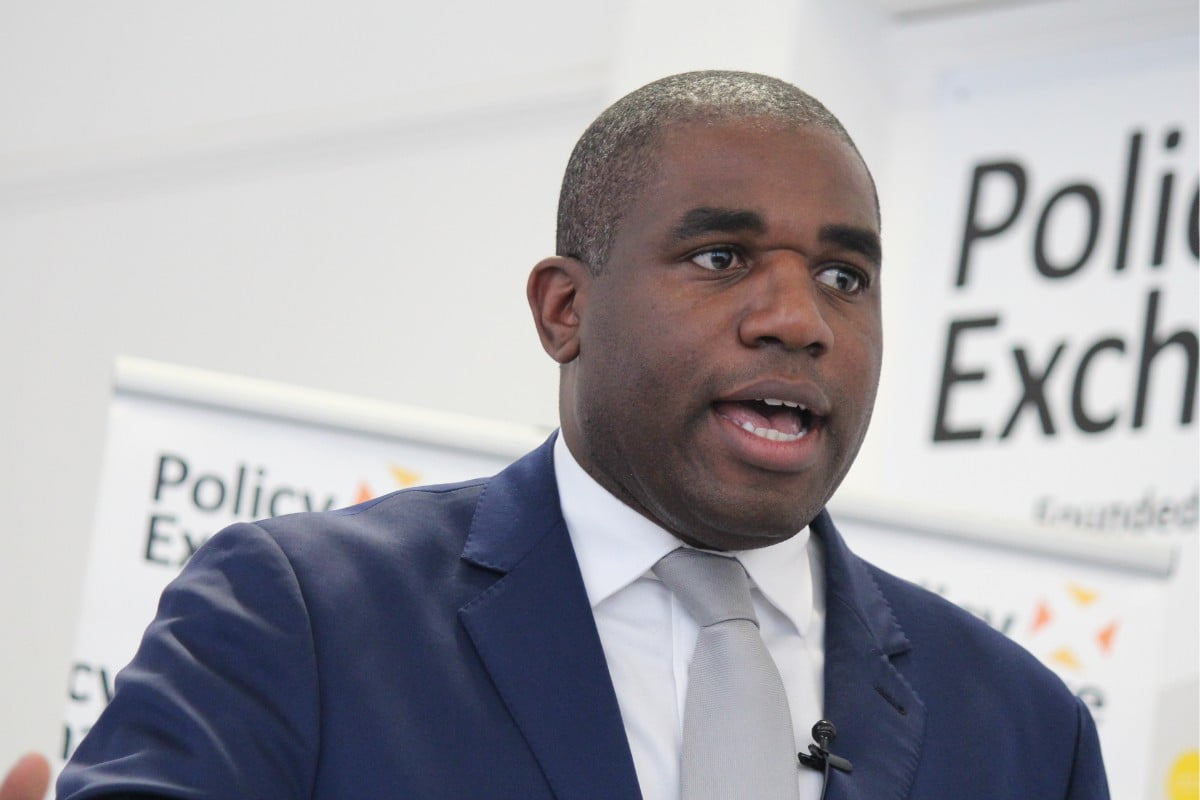
To prepare for his role as a reliable spokesman for British imperialism, the soon-to-be Labour foreign secretary David Lammy has recently been jetting off around the world on dozens of diplomatic trips.
Across the pond, he’s been rubbing shoulders with high-ranking members of the US administration, and Congress members on both sides of the house.
He’s been described as the “best connected British politician in Washington”. This alone tells you a lot about the role that Britain will continue to play under a Starmer government: that of a servile lapdog of US imperialism.
‘Progressive realism’
Lammy recently penned an essay and delivered a speech explaining his foreign policy doctrine of ‘progressive realism’.
This certainly sounds sophisticated. But what lies within is a very frank outline of the world situation and Britain’s diminished role within it.
He notes that the “old rules-based order” has given way to a “new world disorder”. “Times are bleak”, he laments.
Western-led globalisation has failed, “democracies are on the backfoot”, and the era of US hegemony is over, partly owing to the rise of Chinese capitalism on the world stage.
What’s more, the so-called “hedging middle nations” – the likes of Brazil, India, Turkey, Saudi Arabia, and so on – are “setting their own agendas”.
In other words, as US imperialism enters into relative decline, and fissures widen in world relations, regional powers are carving out their own path by balancing between the big powers.
This is all fairly spot on. It’s not uncommon for the more sober representatives of capitalism to draw similar conclusions to the Marxists.
But unlike us, Lammy is approaching this question from the perspective of someone who wants to desperately save the dying world order. There is nothing ‘progressive’ at all about it.
Labour’s aims
Essentially, Lammy wants to find a role for Little Britain in this brave new world.
He says that a Labour government will oversee Britain’s shift away from ‘hard’ – i.e. military – power, towards diplomacy and ‘soft power’, which he sees as Britain’s greatest strength.
In his view, Britain should seek to develop closer ties with the European Union, and the United States, and the Commonwealth too. In other words, with no independent strength, Britain needs to be friends with anyone and everyone – apart from Russia, of course.
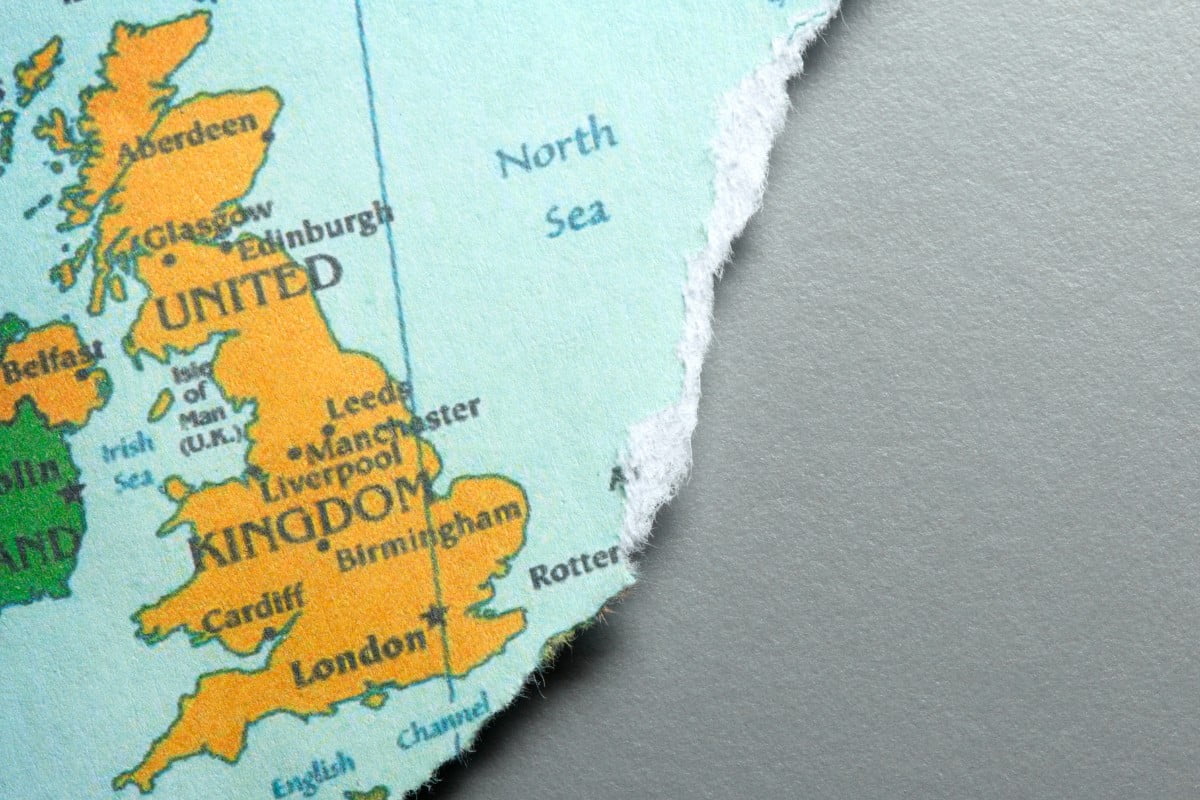
Regarding China, the future foreign secretary proposes that Britain should “compete and cooperate with China, as appropriate” (our emphasis).
Lammy understands that British capitalism can’t live with, and can’t live without Chinese capitalism – and certainly has no chance in hell of challenging it.
As well as the pressures on the public purse, this is partly why Labour is reneging on its promise of a £28bn green investment plan: the serious strategists realise that British industry can’t compete with Chinese capitalism on key markets like batteries, electric vehicles, solar panels, and so on.
The reality is that Britain has no comparative advantage, and is being increasingly squeezed out of the world market by the major imperialist blocs: the US, the EU, and China.
Most importantly, Lammy says that Britain should shift away from the Indo-Pacific region – which can be left for Uncle Sam to deal with – and focus on its role within Europe.
This is a tacit recognition that the scope of British imperialism has greatly diminished. It can no longer fulfil its role as a world power – in reality, it hasn’t played such a role since the end of WWII.
After its humiliating defeats in Iraq and Afghanistan, it must now settle for being simply a regional outpost for US imperialism in Europe.
Armed forces in crisis
What is largely left unsaid in Lammy’s grand designs is the question of Britain’s military – and for good reason.
The British Armed Forces are in a state of monumental crisis. Few politicians seem keen to grapple with this aircraft-carrier-sized elephant in the room.

For starters, there’s a deep equipment and munitions procurement crisis. It’s been estimated that munitions stockpiles would only last eight days in a high-intensity conflict.
The Army has the lowest number of troops since the Napoleonic wars, and staff morale is at an all-time-low.
To top it off, the Naval fleet is literally falling apart, with aircraft carriers and destroyers potentially being pawned off because there’s not enough staff to run them.
The criteria for joining the Navy have been relaxed so much that new recruits don’t even need to be able to swim!
And despite all this, the Armed Forces are running their biggest deficit of all time. Neither the Tories or Labour have any real plan to sort any of this out.
Drastic decline
What is clear is that the unwieldy Armed Forces are a millstone around the neck of the ailing British economy, which is massively disproportionate to Britain’s puny economic and geopolitical stature.
Whereas Sunak has pledged to spend 2.5 percent of GDP on defence by the end of the decade, Labour have said that this will be reached “as soon as resources allow”. In other words, they are kicking the matter into the long grass.

Even Sunak’s plans were attacked from within his own party for not providing enough to get Britain’s military in fighting shape.
For example, even though this year’s defence budget has been increased by 4.5% to £57.1bn, this is still far below its main rivals. To give a comparison, China has just pledged an increase in military spending of 7.2 percent – to a total of £439bn when adjusted for purchasing power parity.
In this context, Lammy’s proposals – a shift to soft power, closer integration with Britain’s allies, and reducing the scope of Britain’s influence to Europe – make sense from the standpoint of British capitalism.
He can see the drastic decline of British imperialism, and is attempting to bring Britain’s aims and ambitions more in line with reality. That is, to carve out a role as a diplomatic middle-man for other powers.
Looking to the future, we can expect that British imperialism will become even more subsumed to US and European imperialism – with no independent military muscle to speak of. In this sense, its role will approach that of a small nation, like Sweden or Denmark.
This doesn’t mean, however, that Britain will become less belligerent and bellicose. The opposite is true.
The Labour leaders love to sabre-rattle over Russia, or pledge their allegiance to the murderous Israeli regime. And people like Lammy and the shadow defence secretary John Healey are still harping on about a Ukrainian victory, believe it or not.
In other words, we shouldn’t confuse size with viciousness. Just like a Jack Russell Terrier, Britain will become all the more loud and yappy. But its actual global reach, and its ability to play an independent role, are in rapid decline.
‘Securonomics’
Lammy recognises that “a successful economy is the bedrock of our domestic prosperity and global influence”. And that, incidentally, is why British capitalism is up the proverbial creek.
Britain’s economy may be the sixth largest economy in the world – on paper. But what does that actually represent?
Other than the giant financial sector in the City of London, based entirely upon international finance-capital and speculation, Britain’s GDP masks the reality of one of the weakest economies of the ‘advanced’ nations.
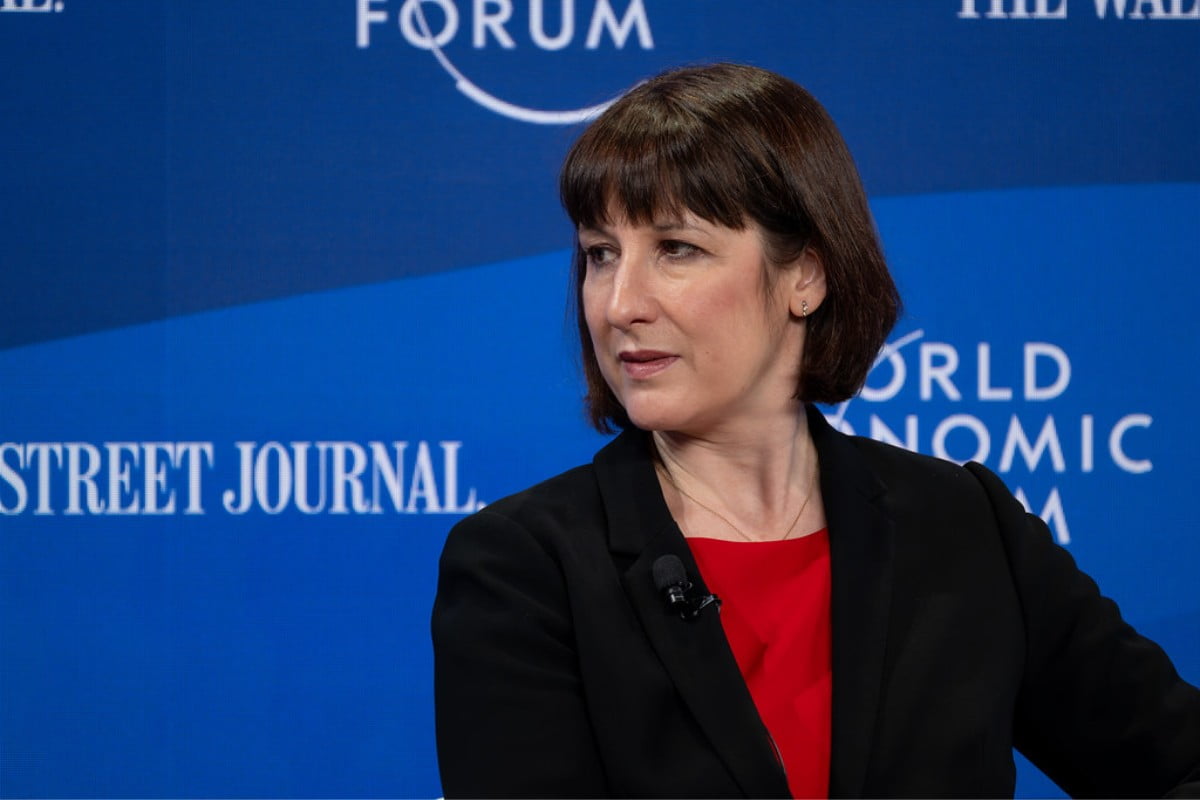
British industry and infrastructure – including Thames Water, and even nuclear power stations – are being bought out by Chinese and Saudi investors. They have seen little investment for decades, making the country vulnerable to economic, geopolitical, and environmental shocks.
We saw this with the energy crisis in 2022, which had potentially explosive social consequences. Also with the impending collapse of domestic steel production, at the hands of multinationals like Tata Steel.
Rachel Reeves has set out a plan for ‘securonomics’ to secure dependable supply chains in an increasingly hostile and unstable world.
She says she wants to replicate President Joe Biden’s economic agenda, with his so-called Inflation Reduction Act.
The incoming Chancellor is proposing a programme of Keynesian state intervention to revive the economy. This is a complete pipedream – not least because she plans to do this while balancing the books and without borrowing!
The reason ‘Bidenomics’ has been able to provide a couple of years of (meagre) growth in the States is that the US is the largest economy in the world! It still has a massive industrial base, its exports dominate the world market, and the dollar is the de facto global currency.
For this reason, the US was able to claw itself out of the corona-crisis through massive state intervention and money-printing, which in turn passed inflation and hardship onto other national economies. And even this ‘economic miracle’ will soon reach its limits.
Unfortunately for Reeves, there’s one small problem: Britain is not the USA. It’s an insignificant, third-rate power with nothing to offer.
Socialism
With no hope of regaining its former glory, Britain’s only remaining role is that of a financial and diplomatic middle-man for the real global powers, cut adrift between the US and European imperialism.
Far from lamenting the decline of British imperialism, the Communists understand that this will weaken the position of our ruling class, and make the conditions for social revolution even more acute.
The only path towards a peaceful and prosperous world, and a revival of British industry for the benefit of the working class everywhere, lies in the struggle for a socialist Britain and a World Socialist Federation.

